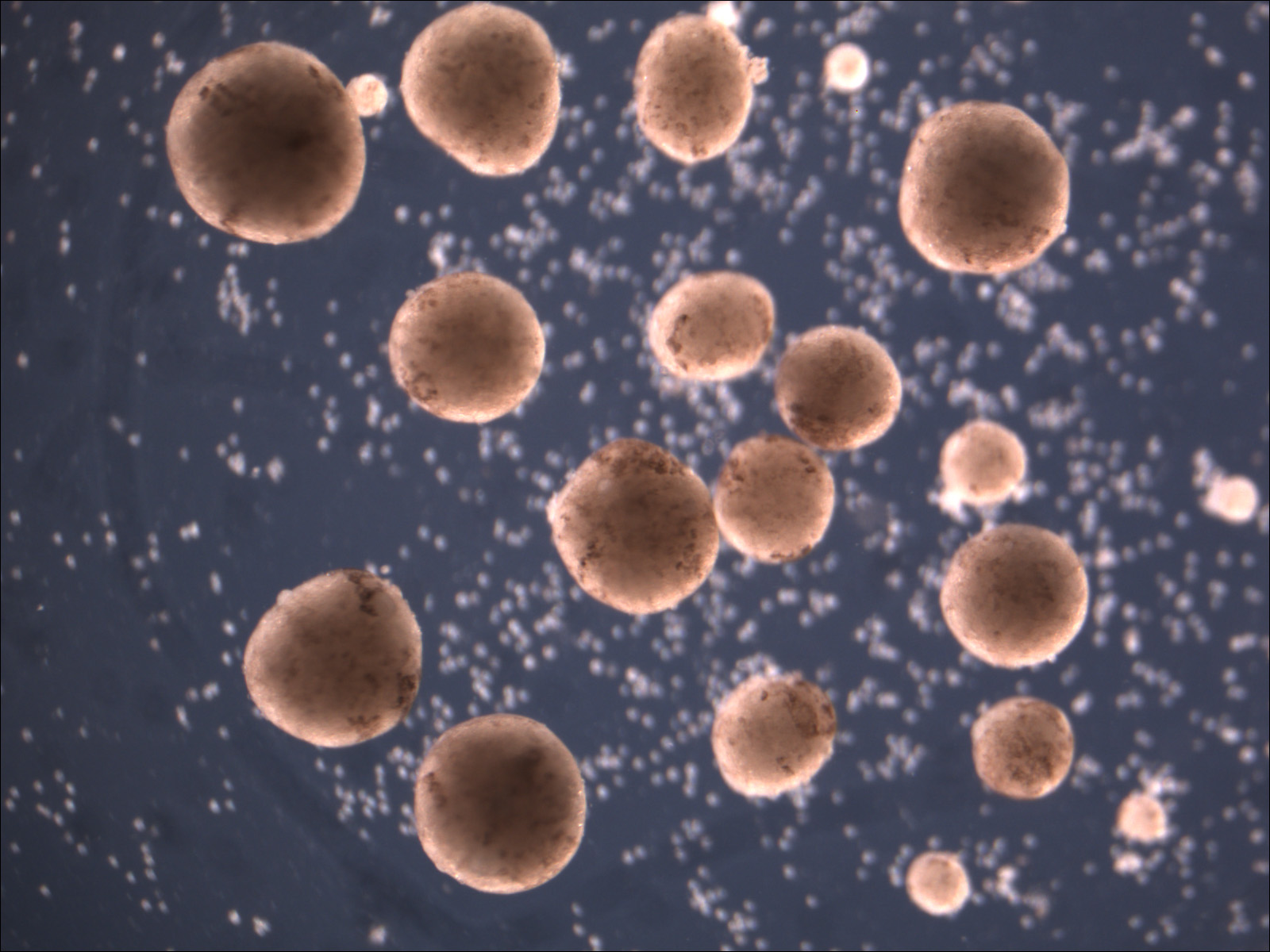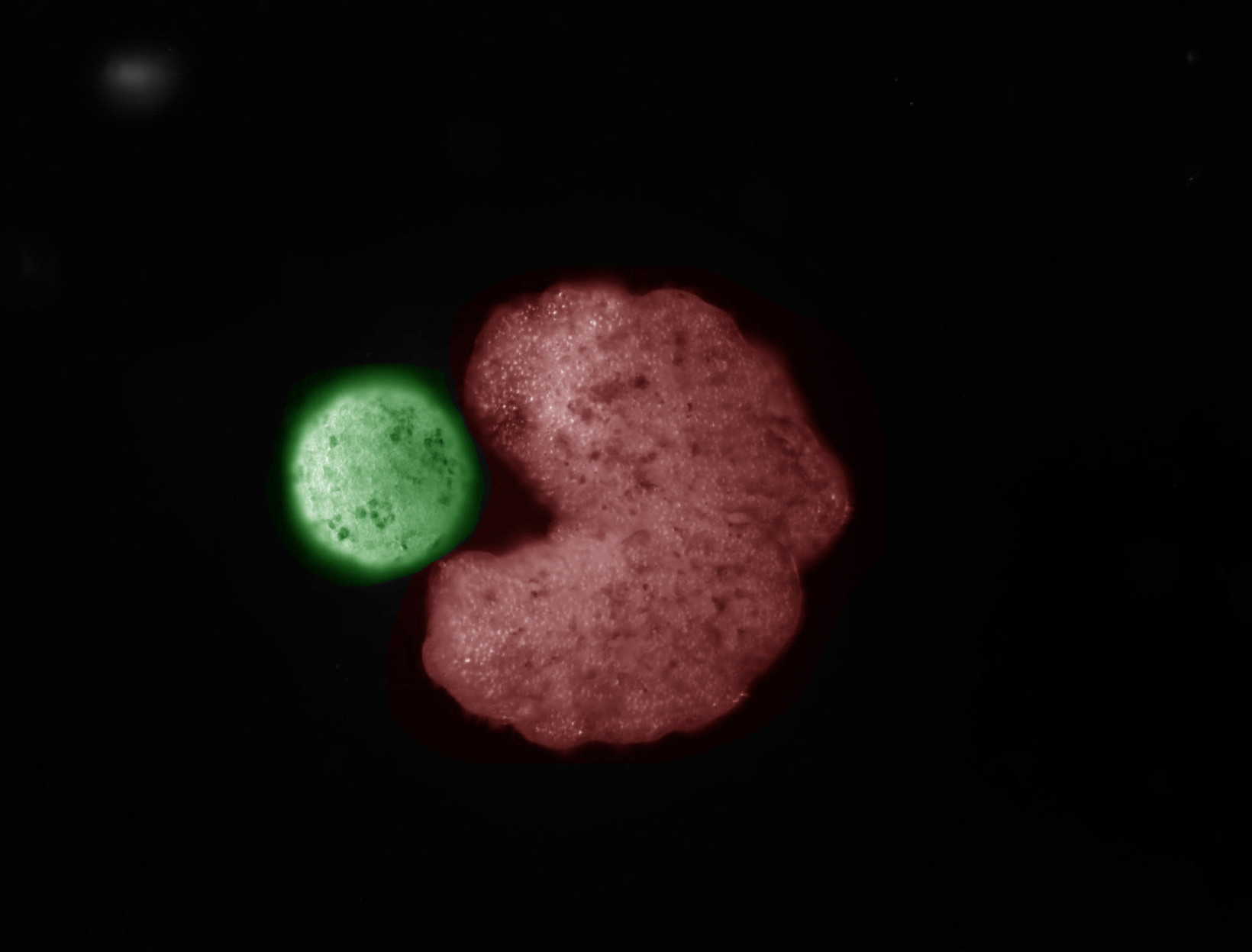Scientists have developed "living robots" capable of reproduction

The world's first "living robots" are now capable of what is necessary for the survival of any species: reproduction.
These organisms, known as xenobots, use a completely new form of biological self-replication, according to a new study published in Proceedings of the National Academy of Sciences.
The authors of the study found that machines can collect hundreds of individual cells and assemble them into xenobot "babies". After a few days, the offspring will evolve and look and move just like their parents. The offspring can then repeat this process many times.

"For a long time, people believed we had developed every way to reproduce or replicate life," study co-author Douglas Blackiston, a senior fellow at Tufts University, said in a statement. "But this has never been seen before."
Millimeter-wide xenobots are assembled from living cells taken from frog embryos. Their life, enclosed in Petri dishes, is very different from the life of their amphibian ancestors. The xenobot can independently produce children, but usually the system dies soon after. To give "parents" a chance to see their "children" grow up, the researchers turned to artificial intelligence.

The team used an evolutionary algorithm to test billions of potential body shapes in simulation. The system was designed to find forms that would be effective for a self-replicating method. The researchers then created a xenobot of this shape and tested its parenting skills.

They found that the AI engineered parent could use his Pacman-shaped mouth to shrink stem cells into round offspring. Then their children gave birth to grandchildren, those - great-grandchildren, those - great-great-grandchildren. A dynasty of xenobots was formed. While xenobots have previously been able to work in groups, repair themselves, and even record memories, this is the first time they have been able to start a family.
The results of the study inspire some concern, but the researchers suggest more optimistic results. They believe their system could help advance numerous technologies, from living machines that cleanse microplastics to new drugs.
A source: harvard